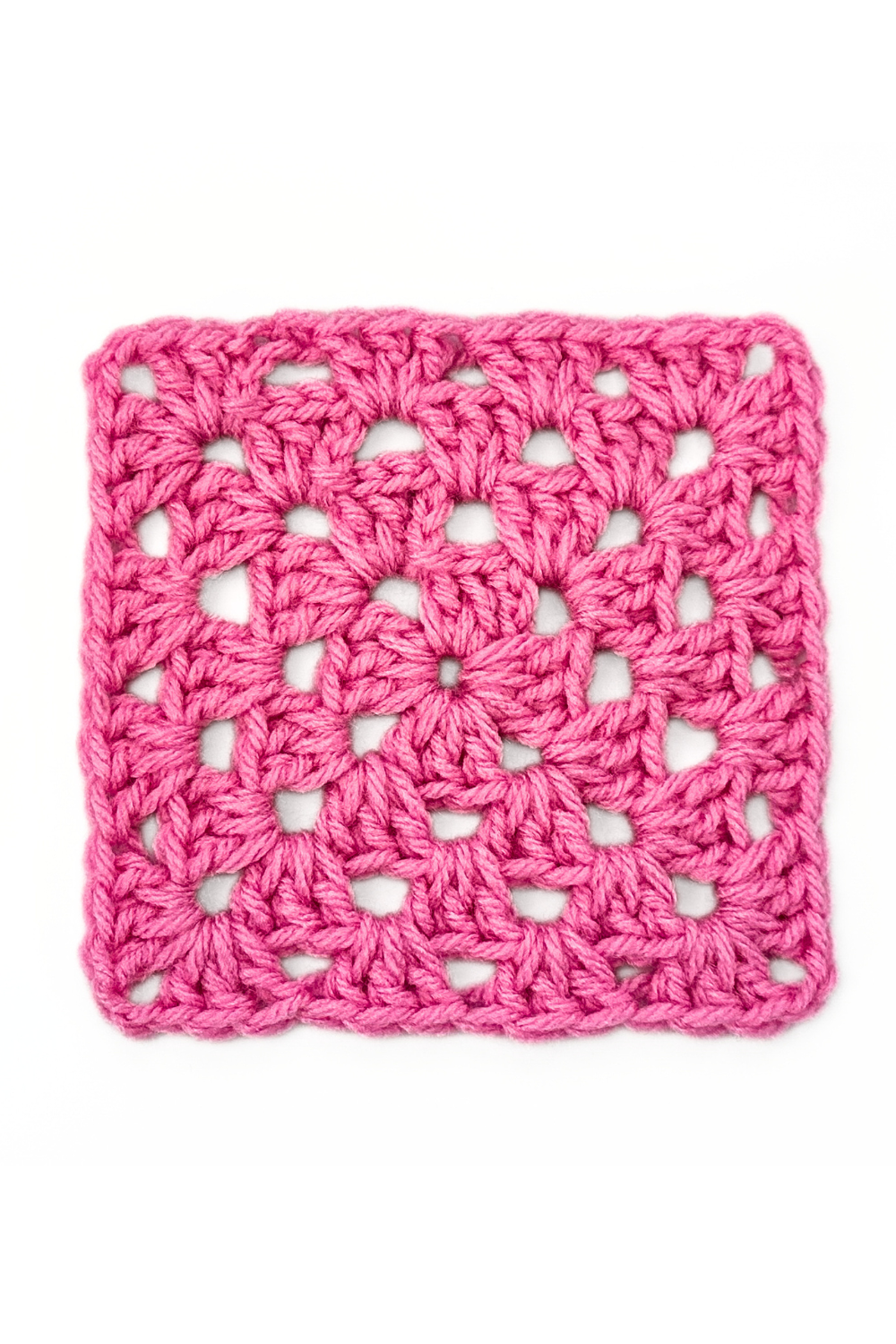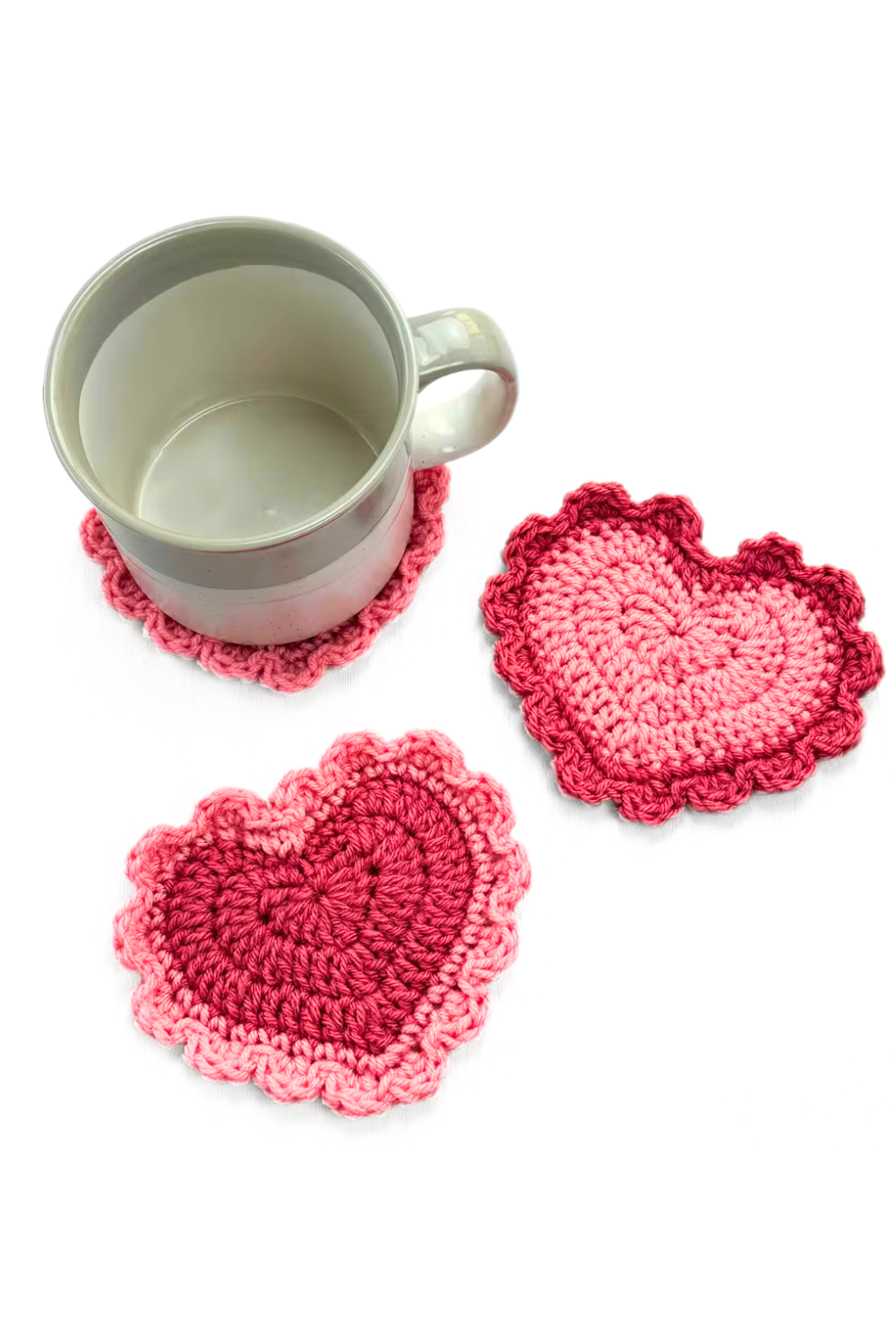Where is the best place to sell crochet items? The decision to take your crochet hobby to the next level and start selling can be a daunting decision for any new crochet business. We’ve all been there. If you’re a new crochet seller wondering where in the world should I start selling my crochet items? this list is for you! In this post, we will cover the best places to start selling your crochet items and the pros and cons of each.
The best places to sell crochet items are on digital marketplaces like Etsy, eBay, Amazon Handmade, Facebook Marketplace, or Shopify and locally at craft fairs or farmers markets. Several of these options come with their own audiences that are already looking specifically for handmade crochet items to purchase.
When determining where the best place to sell crochet items is for you, there are a few important things that you’ll need to take into consideration.
Places to Sell Crochet Items Online

If you’re thinking about selling your crochet online, there are a few things to think about before choosing the best platform for your new business. Most importantly: Do you currently have a social media following or are you willing to build one?
Storefronts like Shopify will require you to have a following of people and to direct those people to buy your crochet items!
Having a following on social media can benefit any handmade business, however, building a fanbase of customers for your crochet items can be an extremely powerful tool for your business no matter where you choose to sell at.
On the other hand, websites like Etsy, eBay, Amazon Handmade, and Facebook Marketplace already have their own customer bases that are browsing their marketplaces constantly. Setting up shop on these websites gives you access to that customer base and to buyers who are already looking to buy handmade crochet items.
In return, though, you will have to compete with other shops similar to your own and many of these websites will take a commission from each sale in order for you to utilize their marketplaces.
Etsy
Pros
Setting up a shop on Etsy is fast and easy, and selling on Etsy’s marketplace gives you access to their entire customer base and buyer traffic. Additionally, customers trust the Etsy platform and Etsy provides reliable customer service for both buyers and sellers. Etsy’s digital storefront allows handmade businesses to easily start building their brand identity right within the site.
Cons
When selling on Etsy, you will have to compete with other sellers. Etsy also takes a number of fees and a percentage of each sale depending on several factors including the total sale amount and country. As a general rule, Etsy takes $0.45 USD plus 9.5% of every sale in the US. It also costs $0.20 to create a new listing which will last for a total of 4 months or to renew a listing.
If you are interested in joining Etsy and opening your new shop with 40 free listings, you are welcome to use my referral link to get started!
eBay
Pros
Similar to Etsy, selling on eBay gives you access to a large established customer base, and sellers on eBay automatically receive their first 50 listings free.
Cons
The customer base for handmade items on eBay is not their largest category, and you will still have to compete with other handmade sellers. eBay fees vary by category, but for most categories, the fee will be roughly $0.30 plus 12.55% for each sale.
Amazon Handmade
Pros
Selling on Amazon Handmade gives you access to Amazon’s built-in traffic and customer brand trust. It is estimated that as of 2022 there are 157.4 million Amazon Prime members alone! Everyone who joins Amazon Handmade must be approved via application so that only real handmade products will be found on the platform.
Cons
Selling on Amazon Handmade requires a professional seller’s account that will cost $39.99/month, however they will waive this fee for approved sellers after the first month. Additionally, Amazon Handmade takes a 15% commission fee plus a minimum $1 referral fee per sale. This percentage will vary between 8% to 45% depending on the category.
Shopify
Pros
Shopify is a powerful tool for sellers, and setting up a digital storefront here is easy. Shopify gives sellers access to a wide range of features as well as 24/7 support. Setting up a Shopify store allows you to take your business storefront into your own hands without having to stay within the specific guidelines of another website.
Cons
Customers will not be able to find your Shopify store without marketing and sourcing traffic on your part. This will usually require the help of a social media following or other marketing strategies. The basic Shopify plan costs $29/month plus 2.9% and $0.30 of every sale.
Facebook Marketplace
Pros
Facebook Marketplace combines some of the pros of both online and local selling. Here, you may choose to either ship the items you’ve sold, sell them in person locally, or both! Facebook Marketplace has a large customer base for you to access that browse the new items up for sale every day.
Cons
Buyers on Facebook Marketplace are more often than not looking for items on the cheaper side, so you probably won’t be able to achieve a high-profit margin here. Additionally, selling on Facebook Marketplace is prone to scammer interaction. You will be practically unable to build a brand identity here as there is no digital storefront for your business, and local meetups may be dangerous. Selling locally on Facebook Marketplace will not cost you any fees, however, they charge a 5% selling fee or a flat rate of $0.40 for shipments of $8 or less.
Places to Sell Crochet Items Locally
Selling your crochet items locally can be a great alternative for those looking to create a more traditional handmade selling experience, for those who are not interested in making and shipping out orders on demand, or even in conjunction with an online shop!
Selling crochet items in person can allow you to prepare a certain amount of stock and sell only what you’ve already prepared at places like craft shows and fairs or local farmer’s markets. As far as buyers, most people attending craft fairs are either prepared to buy something or are in the market for something specific/handmade such as crochet.
Craft Fairs/Farmers Markets
Pros
Craft Fairs and local farmers markets are a great way to build brand identity, build publicity around your new business, and connect with your customers directly. Friendly interaction face to face with your buyer can create a long-time returning customer in some cases!
Cons
Booth and registration fees for craft shows and farmers markets will vary, but can often be upwards of a few hundred dollars, especially at large craft events, so you’ll need to sell a decent amount of product in order to make a profit. Additionally, you may want to consider the cost of potential travel and the time needed to attend these events. Making a batch of crochet items beforehand may seem easier, however leftover products that may not get sold will tend to take up space until the next event.
Starting a new handmade business can be tricky, especially when deciding where is the best place to sell your crochet items. It is really up to you which options suit your business and interests the best and therefore will lead to success down the road.
-
Garden Fairy Crop Top FREE Crochet Pattern
Want the full AD-Free, printable PDF version of this pattern? Click here to get it on Etsy The Garden Fairy Top is a fantastical and…
-
Easy Crochet Granny Square Pattern + Video Tutorial
Mastering the crochet granny square is a great way to build your crochet skills while creating a timeless design that’s perfect for a wide variety…
-
Easy Crochet Heart Coaster FREE Pattern
Add a sweet touch to your home decor with this Easy Crochet Heart Coaster pattern! Perfect for Valentine’s Day or any time you want to…



One comment
Comments are closed.